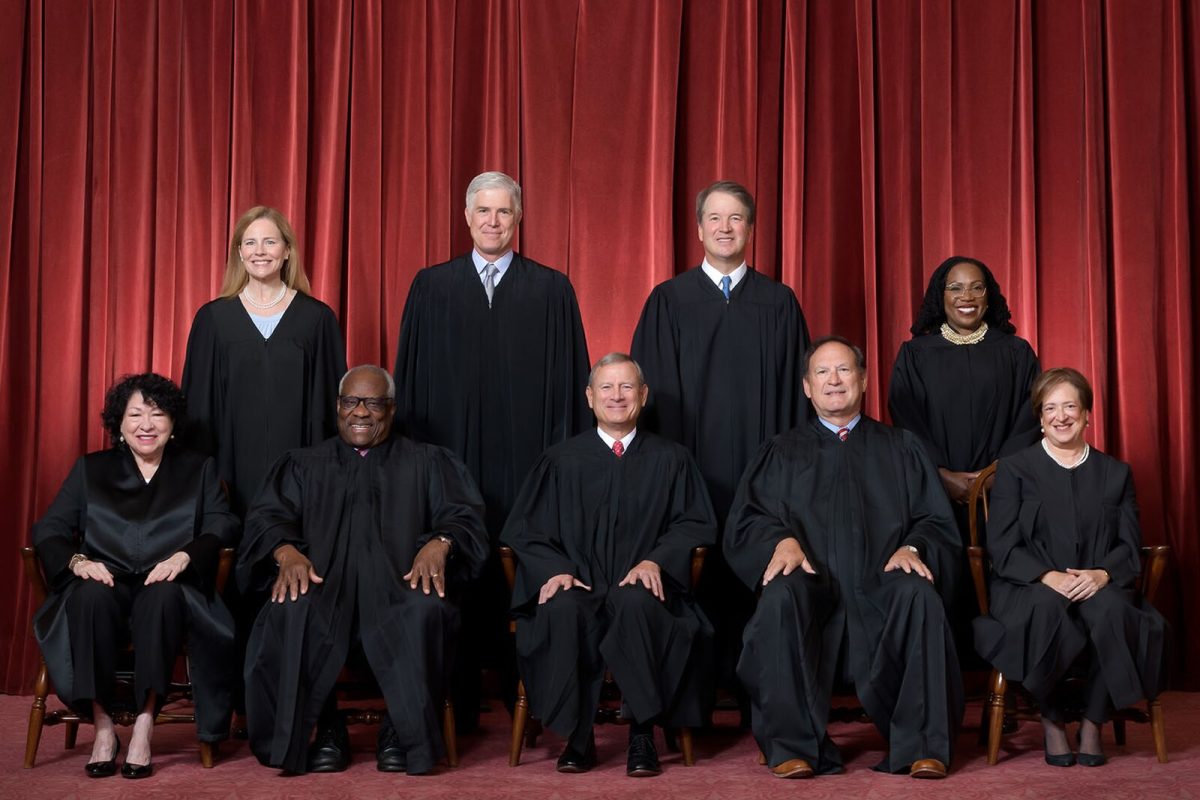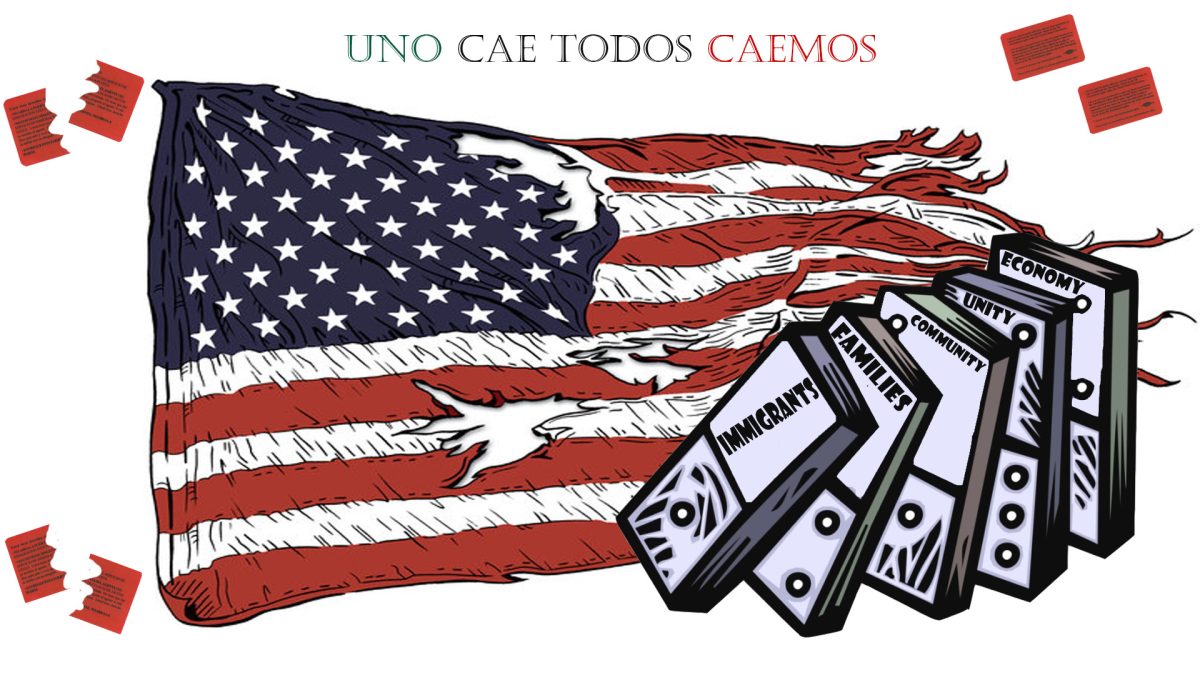The Supreme Court justices are responsible for making decisions that affect the everyday lives of American citizens. This list goes over the most recent and important Supreme Court rulings with far-reaching implications.
Following the Jan. 6, 2021, insurrection on the U.S. capital, former President Donald Trump was sued on charges of plotting to subvert the 2020 election. In a 6-3 decision, the Supreme Court ruled that presidents are immune from prosecution of official acts. Additionally, the court decided that presidents may only be prosecuted for private conduct. This will complicate Trump’s trial in the election subversion case.
In an 8-1 decision, the Supreme Court expanded gun control laws. They ruled that a federal law barring people who have a restraining order for domestic violence charges will remain constitutional. They declared it does not violate the Second Amendment. The decision sets a new legal standard and increases gun control. Only Justice Clarence Thomas dissented.
3. Harrington v. Purdue Pharma
The wealthy Sackler family will not be shielded from civil lawsuits despite filing for bankruptcy. The Sacklers played a part in the opioid crisis through their promotion and marketing of the addictive substances. This ruling, made in a 5-4 decision by the Supreme Court, will benefit victims of the crisis and their families. This was the first case where the Supreme Court addressed whether a bankruptcy plan could offer civil legal immunity.
4. Food and Drug Administration v. Alliance for Hippocratic Medicine
In a 9-0 decision, the Supreme Court upheld recent Food and Drug Administration guidelines responsible for distributing abortion pills through mail and other methods. Even though Justices Clarence Thomas and Samuel A. Alito publicly stated they would allow steps to limit the availability of the pill, they endorsed the ruling, ensuring full access to the abortion pill where it can be offered. However, this ruling does not override the restrictions placed by anti-abortion states, meaning access is still limited there.















